Introduction to Chemical Injector For Pipe
Chemical Injector For Pipe plays a crucial role in many industrial settings. These devices precisely dose chemicals into a pipeline, ensuring efficient process control and protection against corrosion, scaling, and biofouling. Industries such as oil and gas, water treatment, and manufacturing rely heavily on these systems to maintain operations and safeguard infrastructure. The precise injection of chemicals also helps in complying with environmental regulations by controlling emissions and effluents. This guide delves into the mechanics, types, and maintenance of chemical injectors. It also covers the latest innovations and safety practices associated with these essential industrial tools. Moreover, we’ll explore common issues and troubleshooting techniques, ensuring you have a comprehensive understanding of how to optimize the use of chemical injectors in any industrial context. So, let’s begin our deep dive into the world of chemical injectors for pipes.
نام | Pipeline کیل تزریق شیمیایی Sampling System | |
| مواد | فولاد ضد زنگ 304، فولاد ضد زنگ 316، DSS F51، فولاد کربن A105N، اینکونل 625 | |
| دمای عملیاتی | -20±120 | |
| ویژگی | 1. Easy Operating | |
| 2. High Accuracy, Long Life | ||
| 3. High Efficiency, Low cost | ||
| پرداخت | TT/LC | |
| مزیت - فایده - سود - منفعت | اولا، آنها سبک و انعطاف پذیر هستند. | |
| Secondly, nice Injection efficiency. | ||
| در نهایت، ردیابی دقیق مکان. |
Understanding Chemical Injectors
What is a Chemical Injector?
A chemical injector is a device that precisely meters and injects chemicals into a fluid stream within pipes. It serves crucial functions such as purifying water, preventing corrosion, and enhancing the efficiency of industrial processes. In the realm of chemical injectors, varieties abound. Positive displacement injectors, for instance, deliver accurate chemical volumes under varying pressure conditions. Venturi injectors, on the other hand, use a pressure differential created by fluid flow to induce chemical injection. Each type finds its niche in different industries based on the specific needs of the application.
Components of a Chemical Injector
Every chemical injector consists of several key components that work together to ensure its effective operation. The main parts include a pump, a control valve, an injection nozzle, and often a mixing chamber. A diagram illustrating these components would show the pump drawing the chemical from a reservoir, the control valve regulating the flow, and the nozzle directing the injection into the stream. Understanding each component’s role helps in troubleshooting and ensures the injector operates efficiently.
How Chemical Injectors Work
Chemical injectors operate through a fairly straightforward yet finely tuned process. Initially, the injector draws a measured amount of chemicals from a storage tank. It then propels this chemical into the pipeline where it mixes with the main fluid stream. This integration often occurs under high pressure and controlled conditions to ensure thorough mixing. The role of chemical injectors spans across various industries, from enhancing oil recovery in the petroleum sector to ensuring water purity in treatment facilities. Each application relies on the precise and reliable function of these injectors to meet stringent operational and environmental standards.
Chemical Injector Materials
Material Considerations for Chemical Injectors
Choosing the right materials for chemical injectors is critical to their performance and durability. The chemical nature, temperature, and pressure of the application dictate the material selection. Common materials include stainless steel, PVC, titanium, and Hastelloy, each offering different levels of resistance to corrosion and chemical reactivity. Stainless steel, for example, suits many environments due to its robustness and corrosion resistance. However, for more aggressive chemicals, materials like titanium or Hastelloy might be necessary. Therefore, understanding the specific needs of the application is essential for optimal material selection.
Corrosion Resistance and Material Suitability
The interaction between materials and chemicals is a major consideration when designing chemical injectors. Matching materials with chemicals ensures long-term reliability and prevents premature failures. For instance, PVC might be suitable for mild water treatments but could fail under the harsh conditions of oil recovery processes. Several case studies highlight the consequences of poor material choices, such as injectors failing due to corrosion from sulfuric acids, while others demonstrate successes where materials like Teflon provided long-lasting performance in highly corrosive environments. These examples underscore the importance of careful material selection based on the chemical properties and intended use.


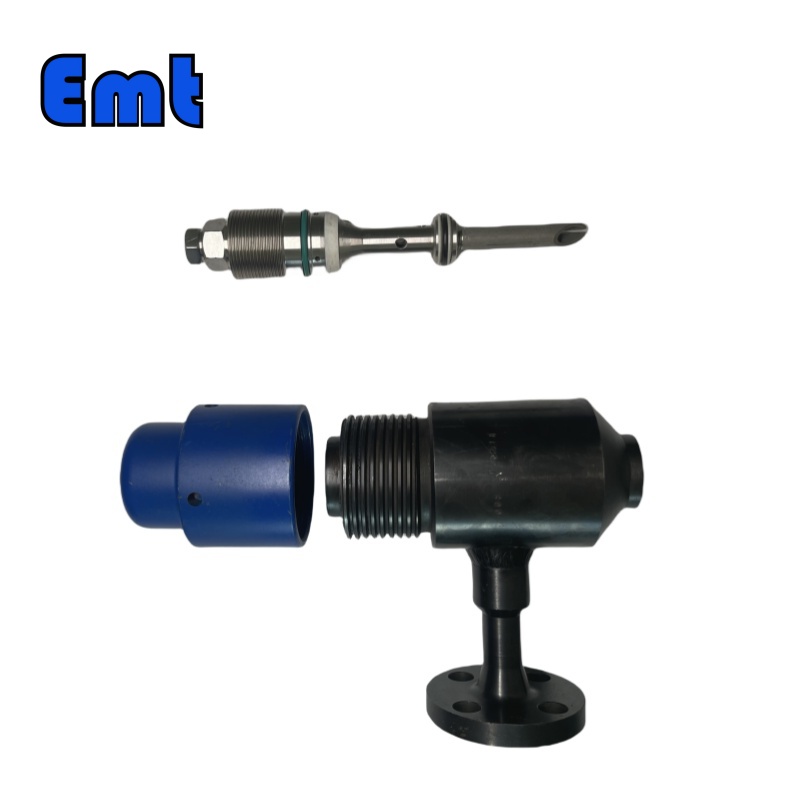
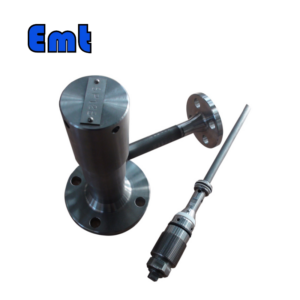
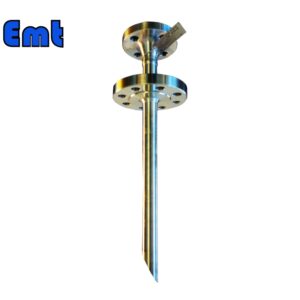
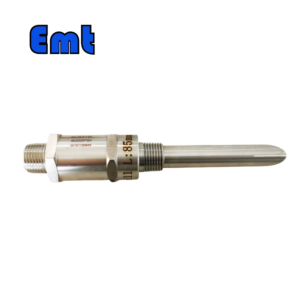
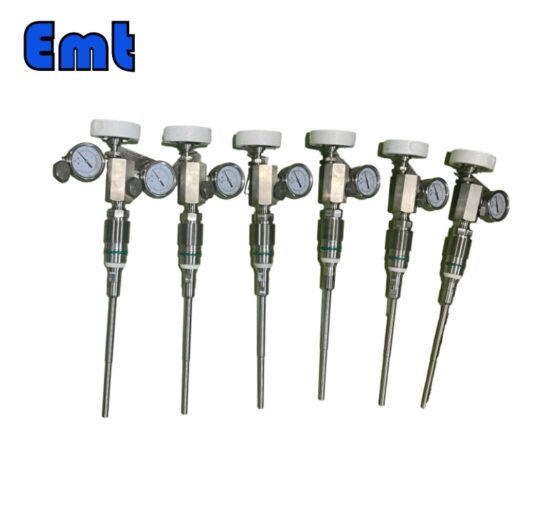
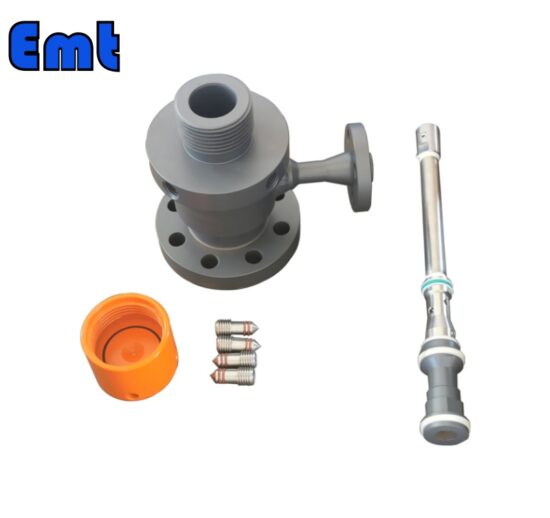
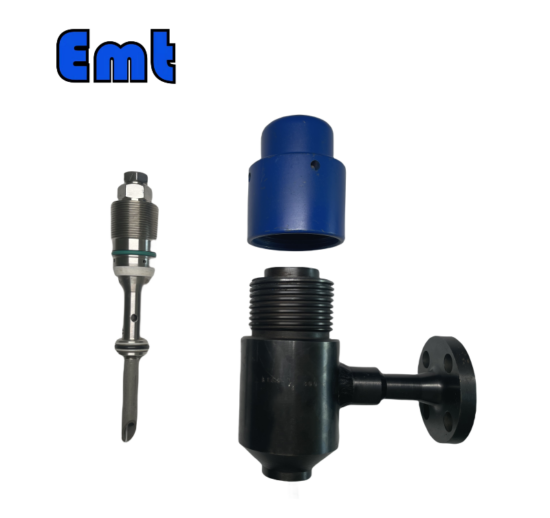
هنوز هیچ بررسی وجود ندارد.